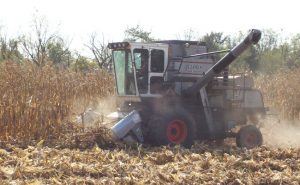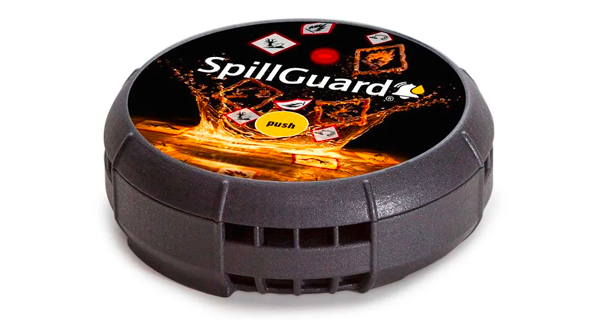AME Sees Farmer Optimism Boosting Tractor, Combine Sales
 —From the Association of Equipment Manufacturers
—From the Association of Equipment Manufacturers
“There are definitely two different markets for ag tractors and combines,” explains Curt Blades, senior vice president of ag services for the Association of Equipment Manufacturers. “You have farmers that are using small tractors. You also have a lot of folks that might have an acreage, or a small or large homestead where they need a tractor to perform some chores there.”
In the second quarter of 2021, the money that had been diverted by the pandemic from travel and other COVID-affected activities into the small-tractor market has started to return to normal use. Sustained ag commodity price gains, however, have resulted in farmers continuing their buying spree for larger tractors and harvesters, as reflected in AEM’s monthly Ag Tractor and Combine reports.
“We’ve seen a little bit of softness in the under-40 horsepower market, compared with the sizable numbers from last year,” said Blades. “What I’d really like to point out with the second quarter sales numbers are the row-crop tractors and the ag tractors. Row crop tractors have been performing quite well for the second quarter of 2021. We’ve also seen positive numbers in articulated four-wheel drive, and even combines are showing some real signs of life in the market.”
Blades says the biggest driver of those big-ticket equipment sales are the higher than usual commodity prices and farmer confidence that those prices are going to stay where they are for a while.
“At the end of 2020, we started to see some solid commodity prices,” Blades said. “And that’s continued on through 2021 all the way up until the second quarter, which is good news.”
In Canada’s second quarter, the smaller tractor market has held on a little more strongly.
“We did see a little bit of a slowdown in the growth of the under-40 horsepower tractor market in the U.S., and that hasn’t happened as quickly in Canada,” Blades explained. “But we’re still seeing those markets operate in tandem with one another.”
However, the supply chain, especially in terms of the availability of semiconductors, is restricting the available inventory of equipment across all segments. Total tractor inventory at the end of the second quarter of 2021 (as indicated in the July 2021 report) is down more than 37% compared to the same time in 2020 in the U.S, while combine harvester inventory is down nearly 13%. In Canada, the story is the same with 2021 tractor inventory down 28% versus 2020, and available combines down 21%.
“Everyone knows about the supply-chain issues that are hitting the entire industry, whether it’s buying tractors, combines, trucks, or pinball machines. There is clearly some pressure in the supply chain right now,” Blades said. “We continue to work hard with our manufacturers, and manufacturers are working closely with their suppliers and their dealers to make sure there are parts available as we get into harvest, and as we get into the busy seasons.”
Blades says AEM knows the demand for new equipment is high, and the association is doing everything it can to work with its member manufacturers to get machines on dealer lots and keep order times down as much as possible.
For more information, visit www.aem.org.







